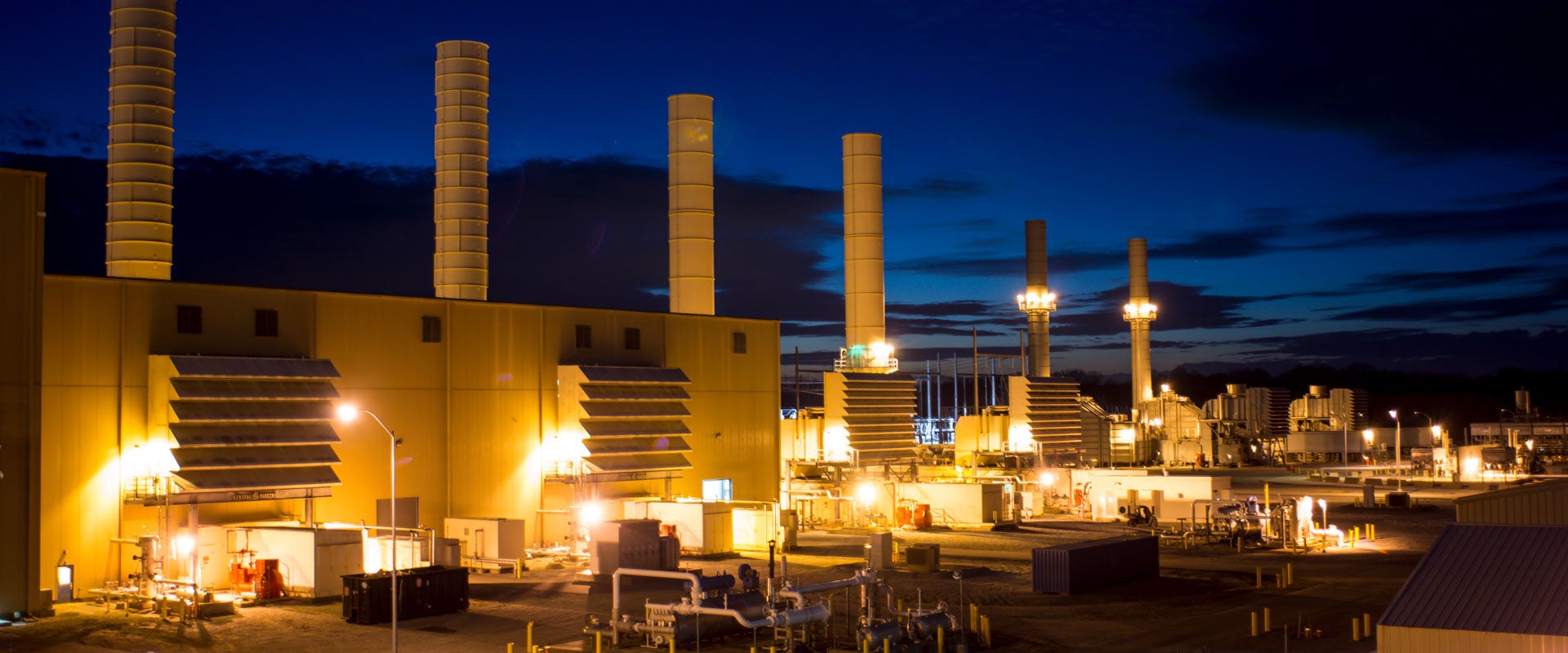EKPC generates electricity through two coal-fired plants: H.L. Spurlock Station near Maysville and John Sherman Cooper Station near Somerset. We make power using combustion turbines (CTs) — fueled by natural gas or fuel oil — at Bluegrass Station in LaGrange and at J.K. Smith Station in Trapp, near Winchester.
We’ve embraced the future by building Cooperative Solar Farm One, one of the largest solar projects in Kentucky. Located in Winchester, the 60-acre farm features 32,300 solar panels producing enough electricity for 1,000 Kentucky homes. We have more solar projects planned in the coming decade.”
Find out more about EKPC’s new generation projects
EKPC has five more plants generating renewable power from methane gas at landfills. We purchase hydropower from the federal Southeastern Power Administration’s through Laurel and Wolf Creek dams.
Coal Combustion Residuals (CCR) Rule Compliance Data and Information
CCR Fugitive Citizen Dust Complaint Form
Environmental Air Quality Performance
Ensuring Reliable Energy
More than ever, people depend on electricity to power lights, heat, air-conditioning, appliances and other critical equipment.
Every moment of every day, we are doing all we can to ensure a reliable supply of energy for homes, stores, offices, factories, schools, hospitals and every co-op member.
Transitioning Wisely

